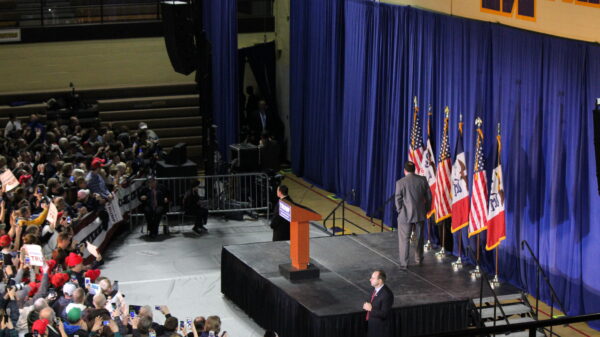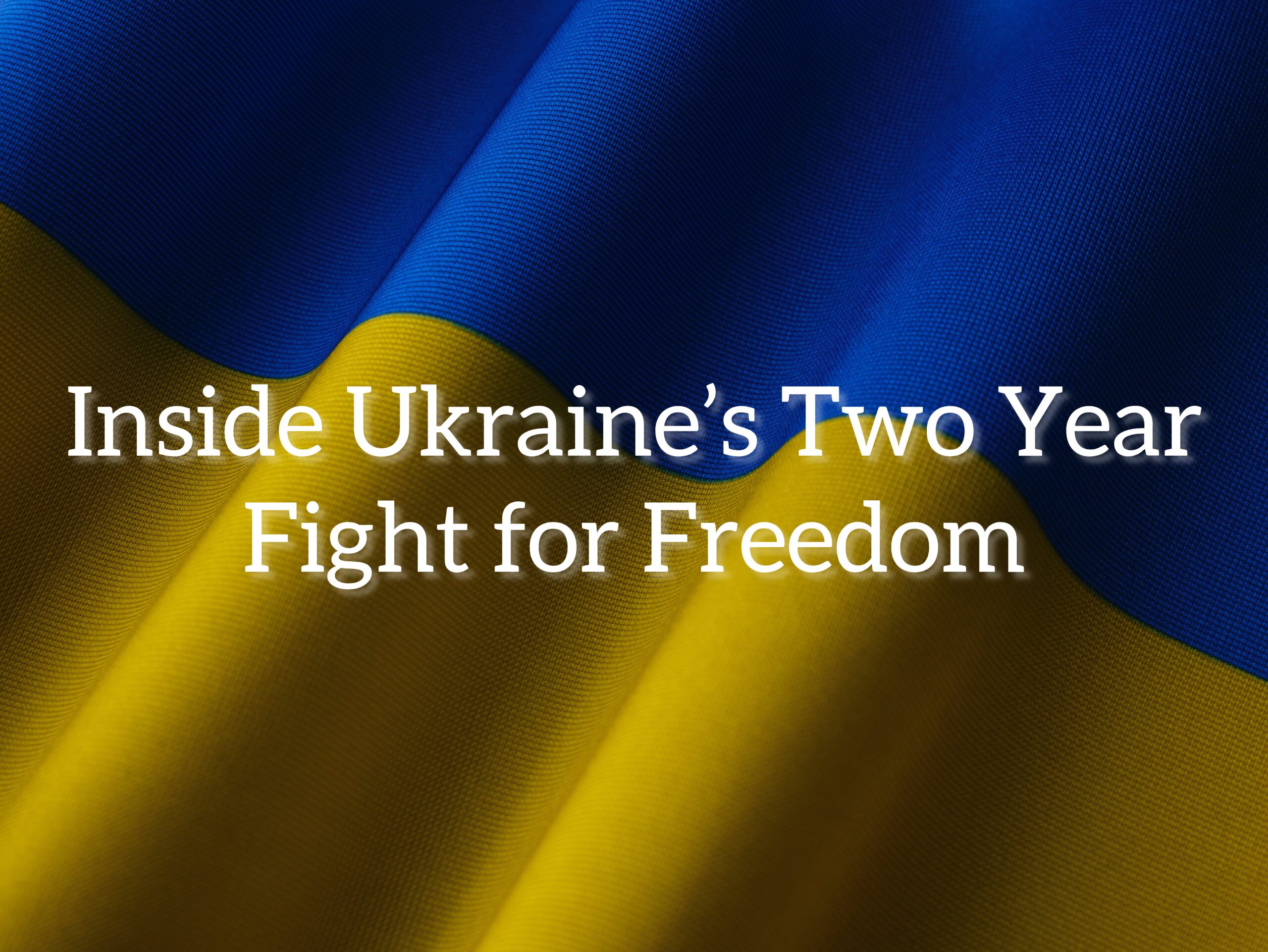Boston Political Review writer Greg Gilman on US President Donald Trump’s Warp Speed initiative for the development and production of a Covid-19 vaccine.
On August 24, the World Health Organisation announced the COVAX Initiative, an international effort to develop a vaccine against Covid-19 that is cosponsored by more than 170 countries. The United States will not be participating in this project, as per a September 1 White House press release. Instead, the Trump administration is placing its faith in the American-made vaccine, known as Operation Warp Speed, and doubling down on its efforts to distance the US from the WHO.
On September 16, roughly three weeks after the White House’s announcement that the US would not be joining COVAX, the Trump administration released Operation Warp Speed, its new Covid-19 vaccine distribution strategy. This initiative is coordinated by the US Department of Health and Human Services with the Department of Defense and the Centers for Disease Control and Prevention and is led by Dr Moncef Slaoui.Â
Pending approval by the FDA, this vaccine could immunise Americans “most susceptible†to Covid-19 by December, according to a statement Slaoui made to CNBC on September 21. This group includes “most of the elderly†and frontline health care workers, who would get doses later in January. The rest of the public would then get a vaccine sometime later between February and April. So far, six US vaccines are in late-stage development, and Slaoui claims that some are being stockpiled today for use later in December.
COVAX is coordinated by the WHO, the Coalition for Epidemic Preparedness Innovations and GAVI, the Gates Foundation-funded vaccine development organisation. Placing its priority on frontline health care workers and other high-risk people, the project aims to have two billion doses available globally by the end of 2021. The WHO pledges that all participating nations will have equal access to the vaccines once they are developed, regardless of their income level. For lower-income countries that may lack the pharmaceutical infrastructure to develop or distribute a vaccine, this project is potentially their most viable opportunity to access one.
Although the US has historically been the largest donor to the WHO, President Donald Trump has sought to change this, mainly in response to what he has denounced as its failure to contain the Covid-19 pandemic. In April, the White House announced that the United States was ending its funding to the WHO, stating in a press briefing that the Organisation had failed American taxpayers by acting too slowly to contain the virus in the pandemic’s early stages.
The Trump administration moved to sever ties completely in July, issuing a notice of withdrawal from the WHO to the United Nations, effective July 6, 2021. Following the announcement of the COVAX Initiative, White House spokesman Judd Deere told Reuters on September 1 that, although the US will continue to work with global allies to find a vaccine, the Trump administration is unwilling to be constrained by “multilateral organisations influenced by the corrupt World Health Organisation and China.â€
Although some experts have expressed doubts about a vaccine being safely available by the end of 2020, this announcement comes only two weeks after the CEOs of nine of the largest pharmaceutical companies in America, including Johnson & Johnson and AstraZeneca, signed a pledge to put science before politics in the race to develop a Covid-19 vaccine. Slaoui himself pledged to resign if pressured to rush an unsafe or ineffective vaccine in an interview with Science Insider on September 3. Since the majority of the 300 million people who reside in the U.S. will conceivably take this vaccine, it must be stringently tested to ensure that there are no potentially dangerous side effects.
If Operation Warp Speed succeeds as planned, it will first be available nearly a year before COVAX. President Trump himself pledged on September 18 that 100 million doses would be made by the end of 2020 and that there would be enough to inoculate every American by April. This far exceeds the WHO’s proposed timeline for global distribution and could have every American immunised before most countries even get their first dose. It would also allow the US and, by extension, the Trump administration, which oversees the HHS, to maintain complete control over the vaccine’s safety and distribution. Although the US could still involve itself in COVAX, this move doubles down on Trump’s commitment to bring the nation out of the WHO, which he already has publicly condemned and blames for the spread of Covid-19 pandemic.
Further articles written in collaboration with the Boston Political Review can be found on our website.














